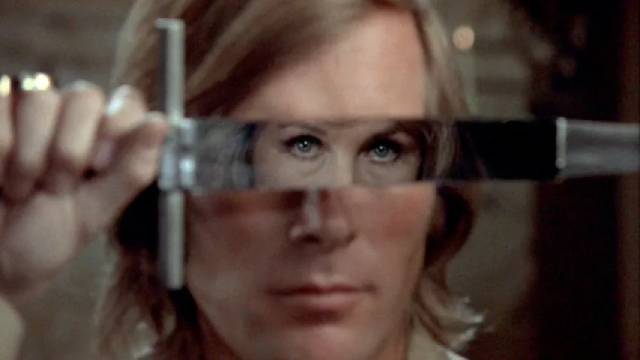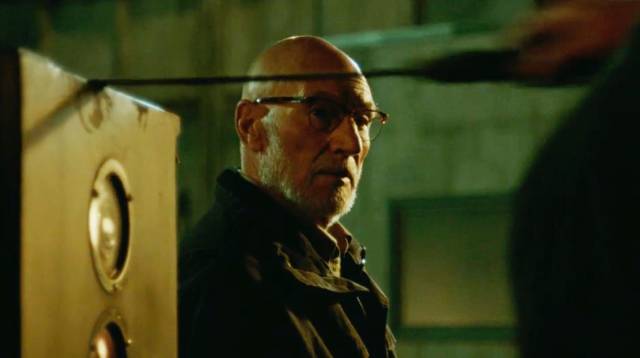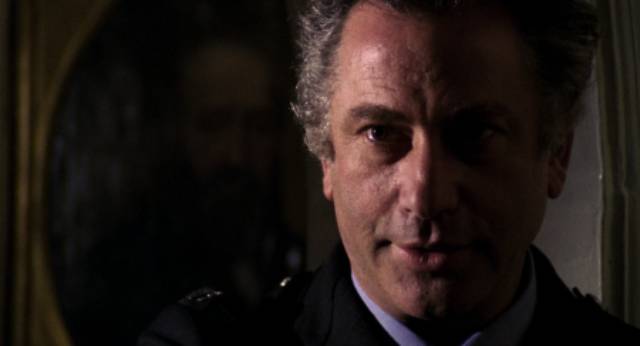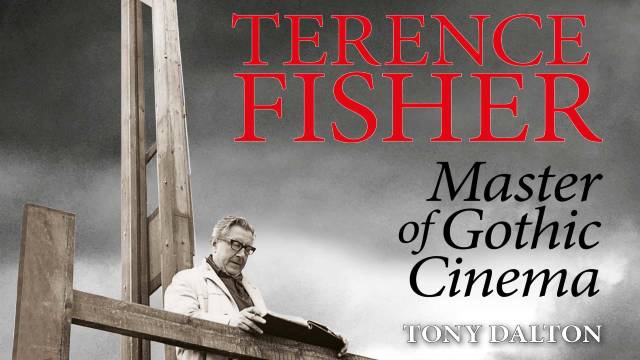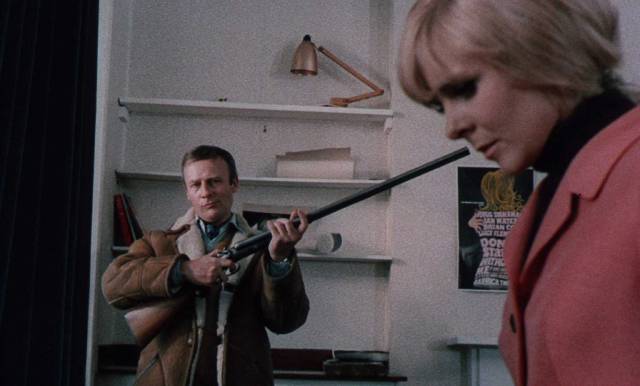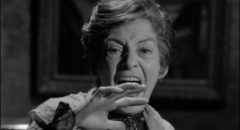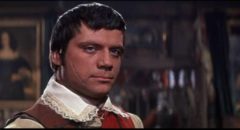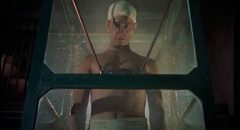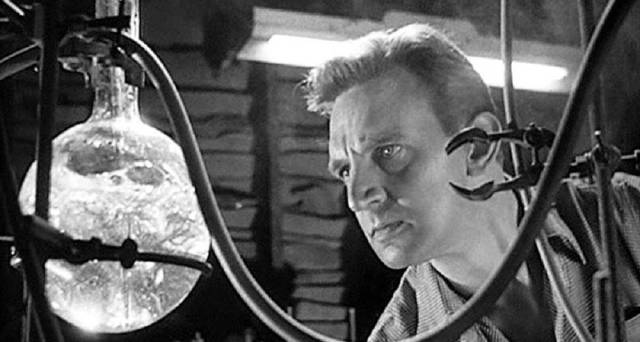
In 1953 Hammer Films took the first step on a path which would soon give the company an international reputation as a key purveyor of horror movies. Terence Fisher’s Four Sided Triangle, a modest production which combined science fiction, psychological horror and romantic melodrama in a prosaic English village setting laid the groundwork which would lead two year later to Val Guest’s The Quatermass Xperiment (1955), and two more years beyond that to Terence Fisher’s The Curse of Frankenstein (1957), the movie which changed the course of modern horror cinema. Hammer’s 4K restoration of Four Sided Triangle will hopefully dispel the film’s rather low reputation, with a beautiful new transfer, two commentaries and three interview featurettes which argue for its value as a pioneering contribution to British genre cinema.
